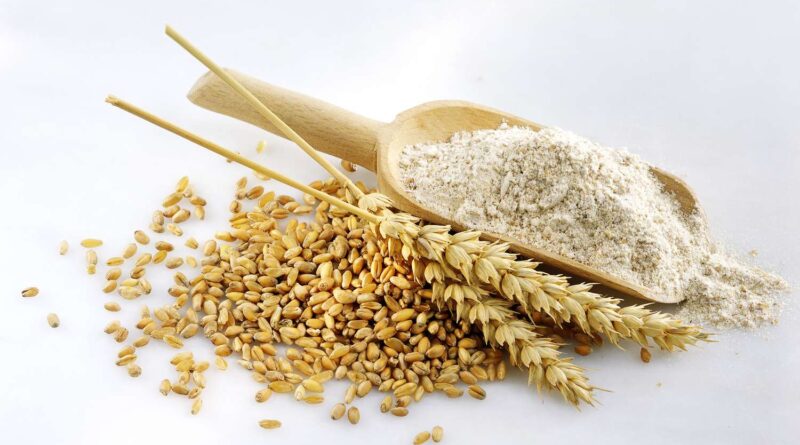In a first, more govt agencies allowed to source wheat directly for Bharat Atta
By Shambhavi Anand
With the government’s increased focus on its Bharat brand of staples as part of efforts to tame prices, the National Agricultural Cooperative Marketing Federation of India (Nafed) and National Co-operative Consumers’ Federation of India (NCCF) have been asked to procure wheat directly from farmers for the first time, said a senior official.
The two agencies manage sales of Bharat Atta as well as other products under labels such as Bharat Chana Dal and Bharat Rice.
The Food Corporation of India (FCI) has thus far been the sole government agency procuring wheat from farmers and selling it to Nafed and NCCF to meet their requirements for Bharat Atta, which was launched by the government last year.
The two agencies manage sales of Bharat Atta as well as other products under labels such as Bharat Chana Dal and Bharat Rice.
The Food Corporation of India (FCI) has thus far been the sole government agency procuring wheat from farmers and selling it to Nafed and NCCF to meet their requirements for Bharat Atta, which was launched by the government last year.
The move will reduce the dependence of Nafed and NCCF on the FCI for wheat, said the official cited above. They have been asked to procure wheat from farmers of poorer states such as Bihar, Rajasthan and eastern Uttar Pradesh, who usually miss out on the benefits of minimum support prices (MSP), the person said.
While FCI procures wheat from across the country, most of its operations are stronger in major wheat-growing areas such as Punjab and Haryana because of which farmers from smaller-producing states such as Bihar and Rajasthan do not fully benefit from MSP.
“The procurement will be done at MSP and there is no capping on the quantity of wheat Nafed and NCCF can procure,” the official added.
FCI’s primary role is to ensure food security and price stabilisation. It procures, stores and distributes foodgrains – wheat and rice – for the public distribution system (PDS). It also maintains a strategic reserve of these grains for the country and offloads from its own stocks in the wholesale market to stabilise prices when needed.
As prices of several essential commodities such as wheat, rice, pulses, onions and tomatoes soared in 2023 – keeping food inflation elevated throughout the year – the government started selling Bharat brand products in the retail market to provide direct relief to consumers.
It started by selling chana dal at a subsidised rate in July 2023 under the Bharat brand when retail prices of tur (arhar) rose sharply, then launched Bharat Atta in November 2023 and Bharat Rice in February 2024, keeping prices in check ahead of general elections that kick off in about three weeks.
Cheaper Prices
The Bharat brand was started as a means of providing relief especially to those consumers not eligible for free foodgrain under the Pradhan Mantri Garib Kalyan Anna Yojana (PMGKAY). Bharat brand products are sold by government agencies, ecommerce sites (Amazon, BigBasket, Flipkart, Blinkit, ONDC) and modern retail stores (Reliance Fresh, More) directly to the general public instead of to traders, which is a deviation from the past.
The three government agencies that sell Bharat brand products are Kendriya Bhandar, Nafed and NCCF through 24,000 retail stores and mobile vans owned by them.
Bharat brand products are significantly cheaper. Bharat Rice costs ₹29 per kg against ₹40 to ₹110 for other branded products. The rice quality and type depends on regional variations. Similarly, Bharat Atta and Bharat Chana Dal cost ₹27.5 and ₹60 per kg, respectively, versus ₹40 and ₹100 for that sold by branded rivals.
As the general election approaches, the central government is looking at ways to give a major push to Bharat brand products. Even though government-procured wheat and rice is offered free under PMGKAY through a network of about 538,000 fair price shops to about 8.07 million PDS beneficiaries, there is a large section of consumers belonging to the middle class who are not eligible for this.
The government does not want them to feel the pinch of high food inflation. The Centre is also conscious of the quality of products sold under the brand and plans to develop a ‘track and trace’ mechanism to ensure this, said the person cited above.
This article has been republished from The Economic Times.

